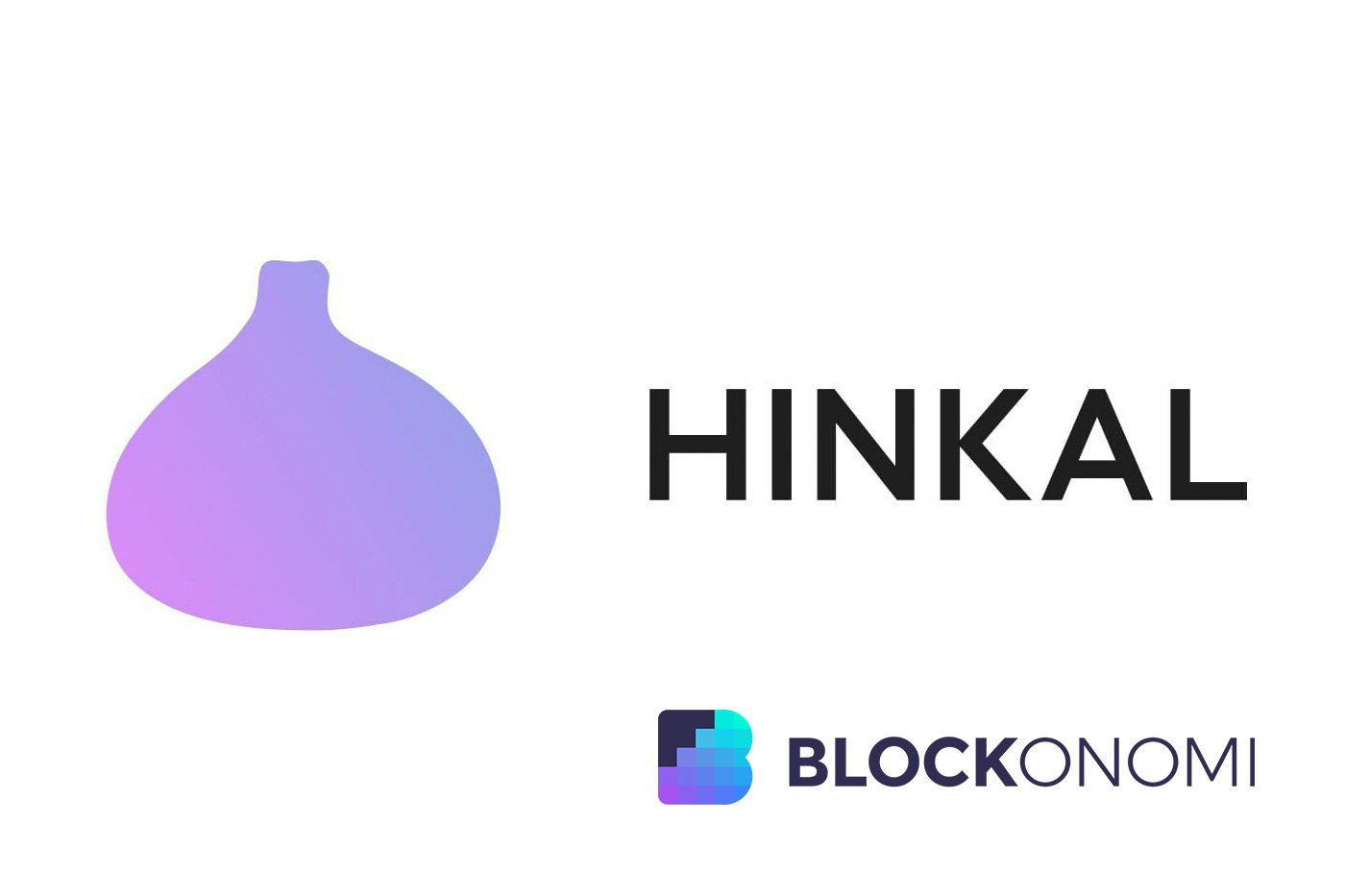TLDR
- Hinkal announced the upcoming launch of the Shared Privacy Protocol
- The protocol enables cross-chain privacy via anonymity staking
- It addresses the need for privacy in DeFi trading, especially for institutional investors
- The Shared Privacy Protocol creates a unified pool of shielded liquidity across all chains
- Users can stake assets to earn rewards while contributing to the privacy pool
- The protocol aims to mirror the privacy standards of traditional finance in DeFi
Hinkal, a multi-chain privacy layer for confidential on-chain transactions, has announced the upcoming launch of its Shared Privacy Protocol. This innovative protocol aims to enable cross-chain privacy through a mechanism called anonymity staking, potentially revolutionizing how privacy is handled in the blockchain space.
The announcement comes at a time when institutional investors are rapidly entering crypto markets, bringing with them a demand for the same level of privacy in DeFi trading that they’ve long enjoyed in traditional equities markets. However, achieving complete privacy in DeFi has been a significant challenge due to the fragmentation of liquidity across more than 200 Layer-1 and Layer-2 blockchains.
Hinkal’s Shared Privacy Protocol addresses this challenge by establishing a unified pool of shielded liquidity across all chains. This approach, which the company likens to “EigenLayer for Privacy,” allows users to bootstrap Shielded Total Value Locked (TVL) in a manner similar to how EigenLayer enabled projects to bootstrap security.
The protocol introduces a concept of horizontal privacy integration, where the Shielded TVL can be mirrored across different blockchains such as Arbitrum or Solana.
This allows traders and decentralized applications (dApps) across the entire blockchain ecosystem to leverage the full value of the Shielded TVL pool, regardless of which specific chain they’re operating on.
Georgi Koreli, co-founder and CEO of Hinkal, emphasized the importance of this development:
“Ensuring complete privacy on-chain is a critical step in enabling the full adoption of crypto as an asset class across the institutional financial sector. The launch of the Shared Privacy Protocol is a key milestone in unleashing the power of community and breaking privacy barriers in crypto.”
The Shared Privacy Protocol offers benefits to various stakeholders in the DeFi ecosystem. Stakers can deploy their native and staked assets to the protocol, generating additional yield while maintaining the flexibility to trade yield tokens on other dApps.
Traders benefit from an expanded Shielded pool, which further obfuscates their trading strategies and allows them to maximize deployed capital across multiple chains. For developers of decentralized exchanges and dApps, the protocol offers a seamless way to integrate new privacy capabilities into their platforms.
This approach to privacy in DeFi mirrors the secure standards of traditional finance, allowing both individual and institutional users to manage assets and transact on major dApps without publicly disclosing wallet addresses. This level of privacy is crucial for institutional adoption of DeFi, as it protects trading strategies and prevents front-running.
Evgeny Gokhberg, founder of Re7 Capital and an investor in Hinkal, highlighted the importance of this solution for institutional players:
“A compliant solution enabling discrete liquidations without disclosing transaction data is necessary for us to efficiently operate in DeFi markets, and Hinkal’s Shared Privacy Protocol is the solution we have been searching for a long time.”
Hinkal, founded by Stanford graduate Giorgi Koreli and his Ph.D. brother Nika Koreli, is designed as an institutional-grade protocol providing users with full control over their on-chain assets.
The protocol uses zero-knowledge (ZK) proofs to enable private smart contract wallet experiences, allowing users to interact with their favorite dApps directly from private addresses without needing to withdraw assets for obfuscation.





